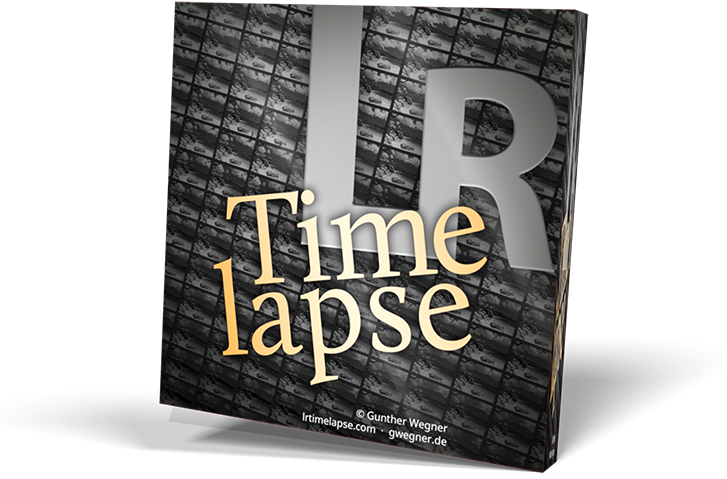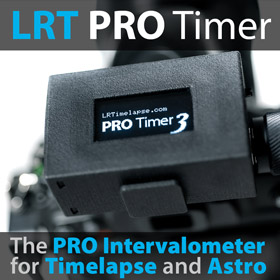
Posts: 10
Threads: 3
Joined: Feb 2022
Posts: 10
Threads: 3
Joined: Feb 2022
I have been researching the current CPU options and still don't know which CPU would be the most ideal for the LRTimelapse and Lightroom workflow. I don't know if simply getting the most cores, even with a slower clock speed, would be the best for parallelizing tasks, or getting the fastest combination of clock speed and number of cores would be better.
Is there even a CPU out there that would allow processing at near real-time, or at least bringing down the wait time from minutes to seconds?
If cost was not a barrier, which CPU would you use in a new computer build, or, if you needed to rent a machine to do a LOT of time lapse processing, which one would you get?
AMD Ryzen 7950x
Intel i9 14900k
32 core Threadripper
64 core Threadripper
Something else
Most of the reviews out there seem to be for gaming or video editing, but there are some benchmarks for Lightroom that are addressed. I know there is someone out there that can explain why a certain CPU is the BEST for the time lapse workflow.
Thanks in advance!
-
Chris




